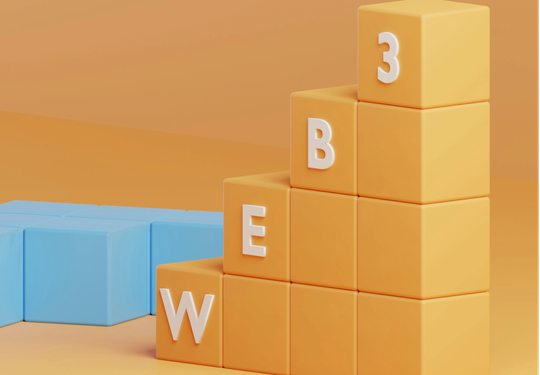Recent posts
- Secure Your Network: Cybersecurity Tips
- Elevate Your Enterprise: The Breakthrough Tool That Transforms Business Growth
- Crypto’s New Horizon: Elevate Your Assets with YouHodler’s Exclusive Perks
- Unleashing the power of AI: Top 10 tools
- Unlock the Power of Conversations: Forefront AI Redefining Chat Solutions
- Unlock Your Writing Potential with Easy-Peasy.AI
- From Chatbots to Self-Driving Cars: AI Innovations
- 5 Must-Have Mobile Apps for Productivity
- The Future of Ai: Trends and Expectations
- Mastering ChatGPT: Tips and Tricks for Users
- From AI to VR: Exploring the Latest Tech Innovations
- Text Cortex AI: Your Creative Writing Revolution
- The Impact of Artificial Intelligence on Media
- Unlock Your Social Media Potential with Postwise.ai
- Unlock Your Marketing Potential with Blaze AI
- The Ultimate AI WordPress Plugin
- Texta AI: Revolutionizing Content Creation in 2024
- Unlock Your Blogging Potential with Blog Assistant AI
- Unlock Your Research Potential with Jenni AI: The Smart Choice for Scholars
- Unleash Your Creativity with HIX.AI: The Future of Writing is Here
- How Writesonic Can Revolutionize Your Writing Process
- Creating Change through Technology: The Power of Innovation
- Unlock the Power of Personalized AI with CustomGPT
- VideoTok: The Ultimate Video Creation Platform
- The Decentralized Future of the Internet
- Why Perplexity is the Ultimate AI Assistant for Your Needs
- The Rise of Bitcoin: Disrupting the Traditional Financial System
- Transform Your Videos into Engaging Blog Content with VideoToBlog
- Understanding the Basics of Cryptotechnology: A Beginner's Guide
- AI for Passive Income: A Comprehensive Guide
- Beeyond AI: The Ultimate AI Digital Assistant
- Unleash your creativity with Leonardo.Ai
- Why Choose the Social Media Jobs Tool?
- Elevate Your Team’s Collaboration with Freewebworkshop: The Smart Choice for Online Workshops
- Unlock the Full Potential of Your Etsy Shop with the Revolutionary AI Tool
- Transform Your Content Creation with GoCharlie AI
The internet has become an integral part of our daily lives, connecting billions of people and serving as a platform for countless activities. However, the traditional centralized model of the internet has its drawbacks, including issues of privacy, control, and security. This has led to the rise of decentralized technologies, offering a promising alternative to the current internet landscape.

The Rise of Decentralized Technologies
Decentralized technologies refer to systems and networks that operate without a central authority or intermediary, allowing for direct and peer-to-peer interactions. This removes the need for trust in third-party entities and enables greater transparency, security, and control for users. Decentralized systems also offer a more inclusive and democratic approach to decision-making, where all participants have an equal say.

The Limitations of Centralized Systems
On the other hand, centralized systems have a single point of failure, making them vulnerable to hacking, censorship, and data breaches. The concentration of power in the hands of a few can also lead to unfair distribution of resources and control over information. Moreover, these systems require users to trust the central authority, which goes against the fundamental principle of peer-to-peer interactions.

The Role of Blockchain Technology
Enter blockchain technology – a decentralized, distributed ledger that ensures secure, transparent, and immutable transactions. This technology forms the foundation of decentralized applications (DApps), allowing for various use cases such as decentralized finance, social media, and cloud storage. Blockchain eliminates the need for trust in third parties by leveraging a consensus mechanism and cryptographic protocols.
Embrace the decentralized internet, where power shifts from corporations to communities, and freedom reigns supreme.

The Evolution of Peer-to-Peer Networks
The evolution of peer-to-peer networks has also played a significant role in the rise of decentralized technologies. From file-sharing platforms to blockchain-based networks, peer-to-peer technology ensures direct communication and data exchange between nodes without a central server. This not only reduces costs and dependency on intermediaries but also enables faster and more efficient processes.
As we move towards a more connected and digital future, the need for a decentralized internet becomes more apparent. With the growing popularity and adoption of decentralized technologies, we can anticipate a more secure, transparent, and democratic online environment. The future of the internet is decentralized, and it is up to us to embrace and shape this transformation.
